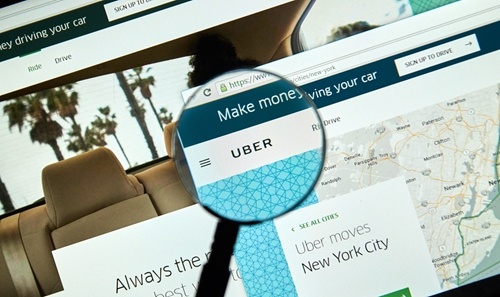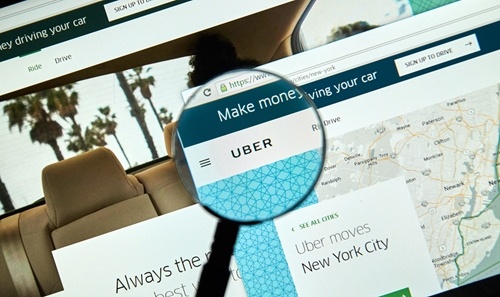The sharing economy has disrupted transportation and lodging, and now it’s poised to take over certain aspects of the supply chain. GeekWire said e-commerce retail giant Amazon began using private agents to deliver purchases through its new Flex program in August 2015.
Amazon tested Flex to try and find a solution for its massive delivery costs – $1.85 billion in the fourth quarter of 2015. The company has tried a variety of innovative approaches to distribution, and it is not the only retailer exploring the possibility of taking advantage of the modern sharing economy.
Businesses looking for new supply chain logistics management solutions should carefully research ideas and see where technology and creative strategies could work with its industry and consumers. Turning ride-sharing vehicles into delivery assets could be beneficial if a company knows how to overcome the obstacles.
Companies Working with Delivery-Sharing Options
Amazon’s Flex program is still in the testing phase. The company feels this delivery option is best for big cities where independent drivers can easily make rounds. The Washington Post said delivery sharing can save the business money on training and human resources, while also eliminating the need to maintain a fleet of vehicles or work with distribution partners. Amazon’s plan also works out well for drivers who can make their own schedules according to personal demands.
The online retailer isn’t the only company getting a jump on this innovative distribution strategy. Uber – one of the pioneers of ride-sharing services – wants to expand into product delivery, according to Forbes. UberRush started as an option for consumers to send things to other consumers, such as dropping off personal papers or getting keys across town. Now, the ride-sharing service wants to market to companies and provide them with a new distribution solution.
Organizations may soon have a variety of options available if they want to find a supply chain partner offering private drivers. Companies may also create their own independently operating workforce. A recent press release from Zalanado announced the growing online fashion retailer is currently looking into creating a network of freelance drivers.
Distribution Must Overcome Ride-Sharing Obstacles
Business Insider said Uber will have to adjust its current insurance policies if it wants to start transporting high-end goods. A major advantage of the sharing economy is it puts financial responsibility on the driver, but organizations have to protect their consumers’ property. When it began, UberRush could only protect items worth $1,000 or less, so the company needs to partner with a new insurance provider.
Other organizations may need to take additional steps to ensure products arrive in safe condition and on time. A major concern businesses have with using private drivers is a lack of distribution oversight. Companies save money on training, but that means they must screen delivery agents and find a way to monitor performance, so their supply chain doesn’t suffer from irresponsible or inefficient behavior.
Going Mobile
The sharing economy grew, in part, due to the popularity of mobile technology. Not only can customers and businesses use their smartphones to order services, but independent agents can respond to requests using the same technology. Mobile data collection solutions allow delivery drivers to report activities to companies and view details about orders.
If a company wants to use sharing distribution partners – or create its own network of agents – it needs to have an effective system in place. Employees utilizing mobile data collection devices can take advantage of the convenience of the technology, while working in tandem with the overall infrastructure – provided the business has an integrated solution.
Delivery drivers may be independent agents, but a company can connect them through mobile systems. By observing data from drivers, customers, insurance providers and other factors, decision-makers can explore the advantages and disadvantages of innovations.







